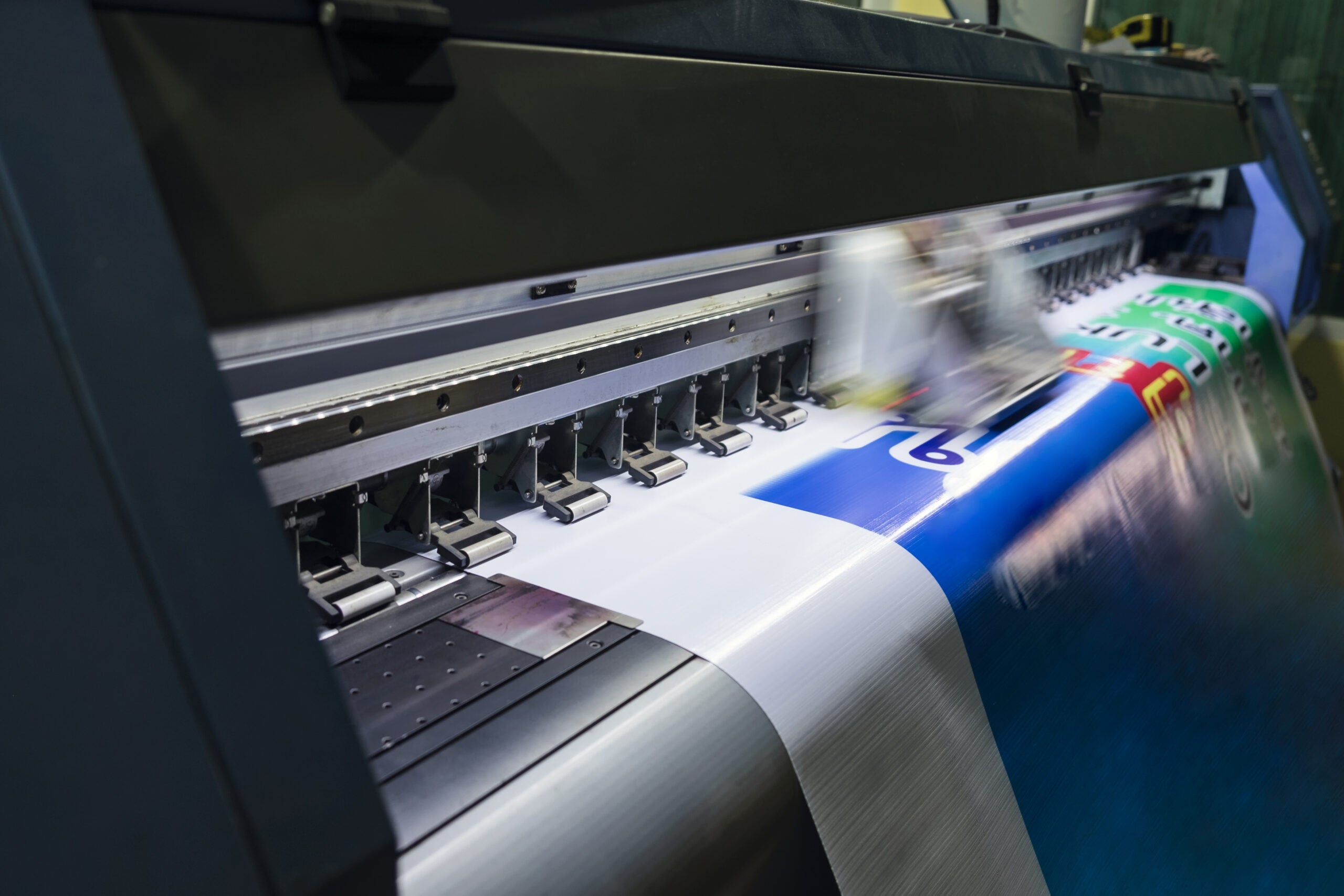
Creating promotional materials that grab attention and communicate your brand’s message is critical to growing your business. Whether you’re just starting or looking to improve your marketing efforts, the right promotional materials can help you make a lasting impression. Read on for five practical tips for creating promotional materials for your business to help you stand out in the competitive market.
1. Understand your target audience
The first step to creating successful promotional materials is knowing your audience and their needs, preferences, and pain points. You should then tailor your content to resonate with your target audience to ensure the message is relevant and compelling. Use language, visuals, and offers that speak directly to them.
For instance, you could use vibrant designs and trendy language for a youthful audience and sleek and formal presentations for a professional audience. Conduct surveys, analyze customer feedback, and leverage social media analytics to familiarize yourself with your audience.
2. Prioritize high-quality design
Design is one of the most crucial factors in creating promotional materials that capture attention. Consider investing in professional graphic design or using high-quality design tools to create visually appealing content. Ensure your materials reflect your brand identity, including consistent colors, fonts, and logos. Poor design can diminish credibility, so focus on clean, organized, and easy-to-read layouts.
Be sure to also consider the medium for your promotional materials when picking a design. Digital designs may require vibrant colors and animations, while printed materials need precise color calibration to ensure accuracy. Remember to test your designs to confirm they look great across various formats.
3. Explore innovative printing options
Printed promotional materials like flyers and brochures are excellent ways to market your business. However, if you want to create materials that serve as long-lasting reminders of your brand, consider incorporating modern technologies like Direct-to-Film (DTF) transfers into your promotional strategy. DTF transfers are ideal for creating vibrant, long-lasting designs on apparel and merchandise, making them suitable for branded t-shirts, tote bags, and mugs, to mention a few.
4. Use clear and concise messaging
Your promotional materials should communicate your message quickly and effectively. Avoid cluttering your content with too much text or irrelevant details. Focus on a clear headline and a strong call-to-action ( CTA). Ensure you’re also direct and specific about the benefits you’re offering. Your CTA should also be action-oriented and engaging. Use phrases like “Shop Now” and “Click Here” to guide your audience toward the next step and make your promotional materials more impactful.
5. Track and measure effectiveness
Once your promotional materials are out in the market, it’s crucial to evaluate their performance. Use tracking tools like QR codes, unique URLs, or coupon codes to gauge engagement and effectiveness. You should also collect feedback from your audience to understand what works and what doesn’t. This data can help refine your strategy and improve your promotional campaigns.
Analyze conversation rates, social media shares, and customer retention metrics. These insights can provide comprehensive details on how your promotional materials contribute to your business goals.
Endnote
Creating effective promotional materials is essential to building and growing your business. By understanding your target audience, prioritizing quality design, and leveraging innovative techniques, you can create promotional materials that represent your brand and drive results.
586 Views













